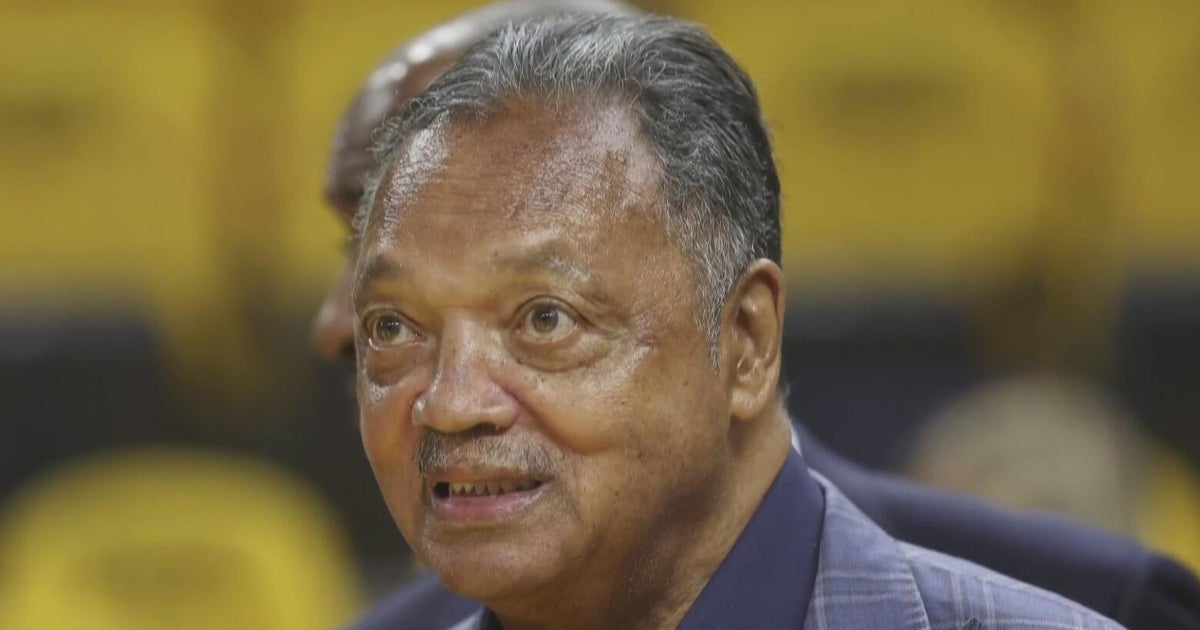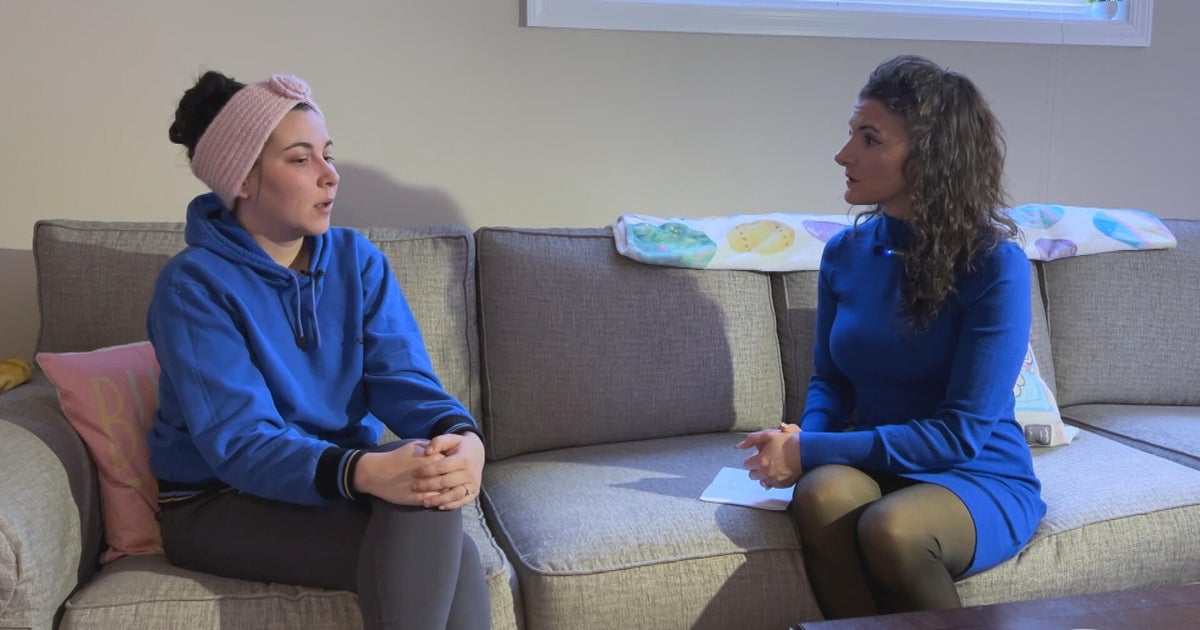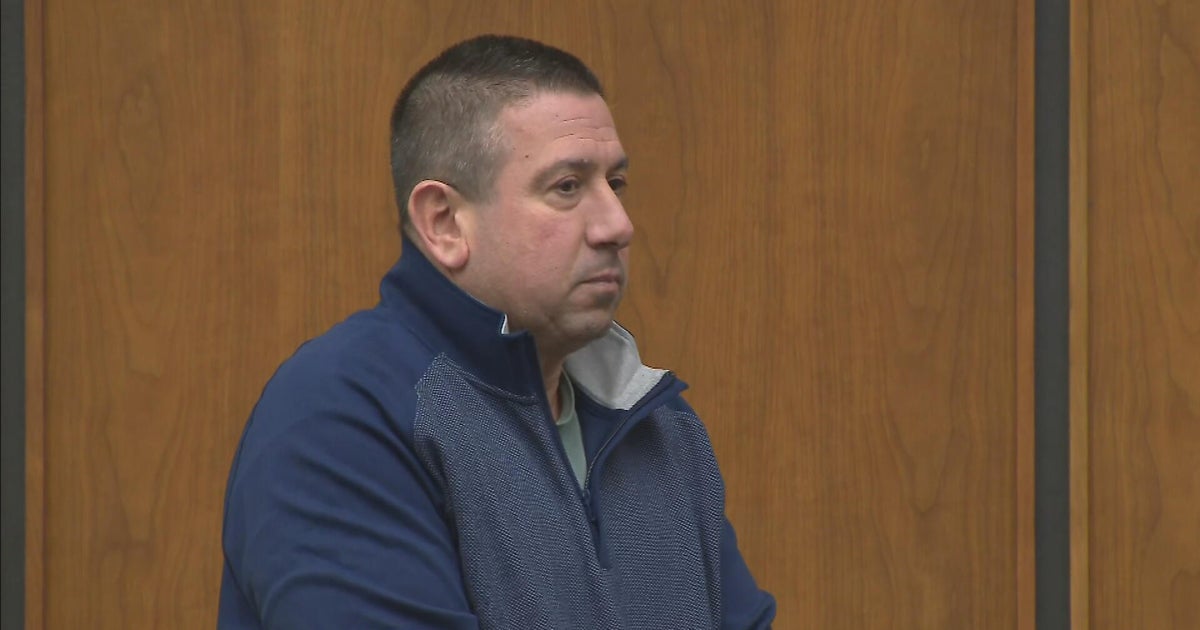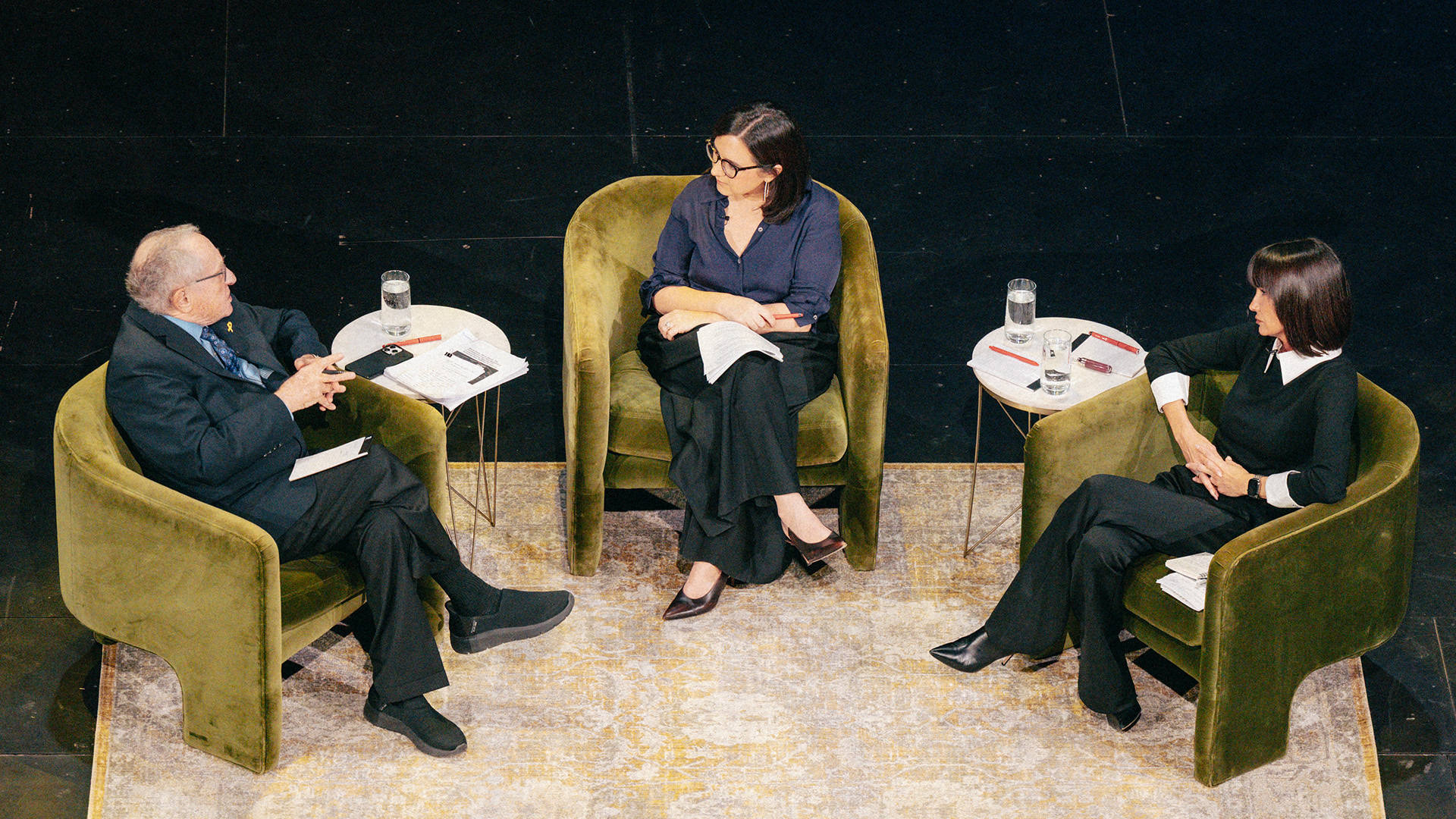Oath Keepers founder Stewart Rhodes spends 6 hours with House January 6 Committee
The founder and leader of the far-right militia group the Oath Keepers spent six hours talking to the House select committee investigating the January 6 Capitol attack on Wednesday, his attorneys confirmed to CBS News. Stewart Rhodes has been charged with seditious conspiracy and other crimes stemming from his alleged involvement in the Capitol breach and is currently being held without bail.
According to his attorneys, Rhodes told lawmakers about his upbringing, schooling, military career and his work in founding and leading the Oath Keepers through the fall of 2020, including his view of the group's philosophy and mission. Both he and his attorney invoked the 5th Amendment when lawmakers asked about late 2020 through 2022, aside from general questions about his views on government, his attorneys told CBS News.
Rhodes, who appeared before investigators via Zoom from an Oklahoma jail, recently suffered a loss in federal court after a judge in Washington, D.C., denied his legal team's request that he be detained in Texas ahead of trial.
His attorneys asked Judge Amit Mehta to either free their defendant from jail or transfer him to a Texas jail to be near his lawyers as they prepare for trial in the nation's capital, set for July.
"The court will not grant Mr. Rhodes more favorable treatment than those similarly-situated defendants," the judge wrote Wednesday. He has yet to rule on Rhodes' request to reconsider his being in jail before trial.
Rhodes will ultimately join a handful of his co-defendents in the D.C. Department of Corrections facility absent court intervention.
Prosecutors allege Rhodes and 10 co-conspirators intended to stop the presidential transfer of power by January 20, 2021, when President Biden was sworn into office.
"They coordinated travel across the country to enter Washington, D.C., equipped themselves with a variety of weapons, donned combat and tactical gear, and were prepared to answer Rhodes's call to take up arms at Rhodes's direction," according to the indictment. "Some co-conspirators also amassed firearms on the outskirts of Washington, D.C., distributed them among 'quick reaction force' teams, and planned to use the firearms in support of their plot to stop the lawful transfer of presidential power."
After weeks of planning, mostly over messaging apps, prosecutors say the members of the Oath Keepers and its affiliates formed two "stacks" to breach the Capitol building on the day of the attack.
Meanwhile, the charging documents and subsequent filings allege a separate team of Oath Keepers remained outside Washington and was "prepared to rapidly transport firearms and other weapons into Washington, D.C., in support of the operations." Such a transport was never ordered by Rhodes or any other leaders, prosecutors said.
"Rhodes stood at the center of the seditious conspiracy," the government alleged in court documents, "orchestrating plans to use force, recruiting and financing co-conspirators, purchasing weaponry and tactical gear, inciting support and action, and endeavoring to conceal his and other co-conspirators' crimes."
Rhodes and nine of his co-defendants have pleaded not guilty to charges that they planned for and participated in the January 6 Capitol attack. In all, 11 Oath Keepers have been charged with seditious conspiracy.
The House January 6 select committee has issued dozens of subpoenas, including to Trump's allies, former White House officials, campaign aides and individuals involved in the planning of the rally outside the White House before the Capitol building came under siege. Two top Trump allies, Steve Bannon and former White House chief of staff Mark Meadows, have been held in contempt of Congress for refusing to comply with subpoenas, and the Justice Department has charged Bannon. Both said they are following instructions from Trump, who has claimed executive privilege.




